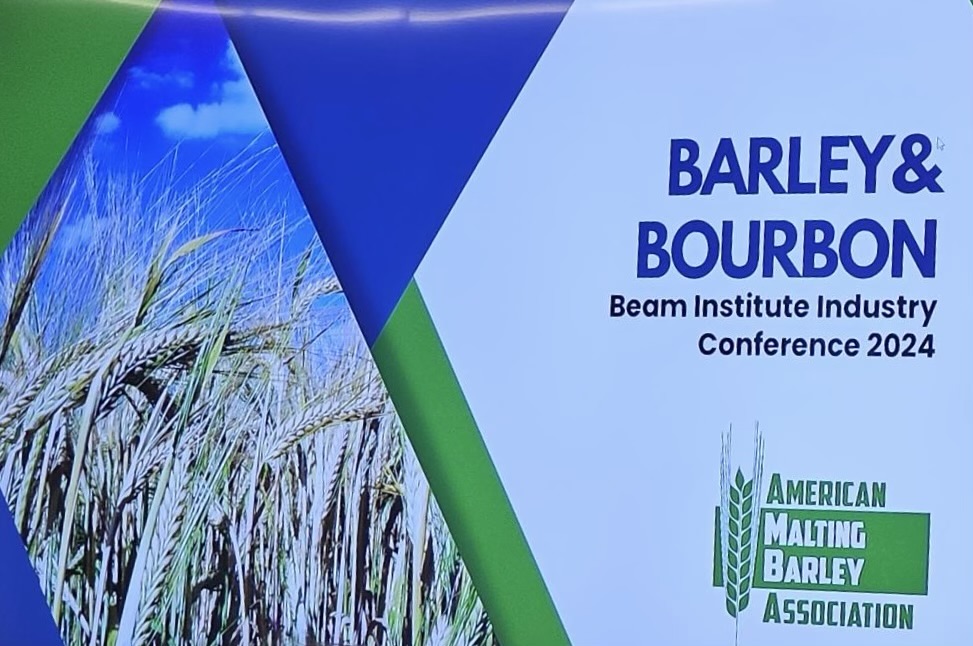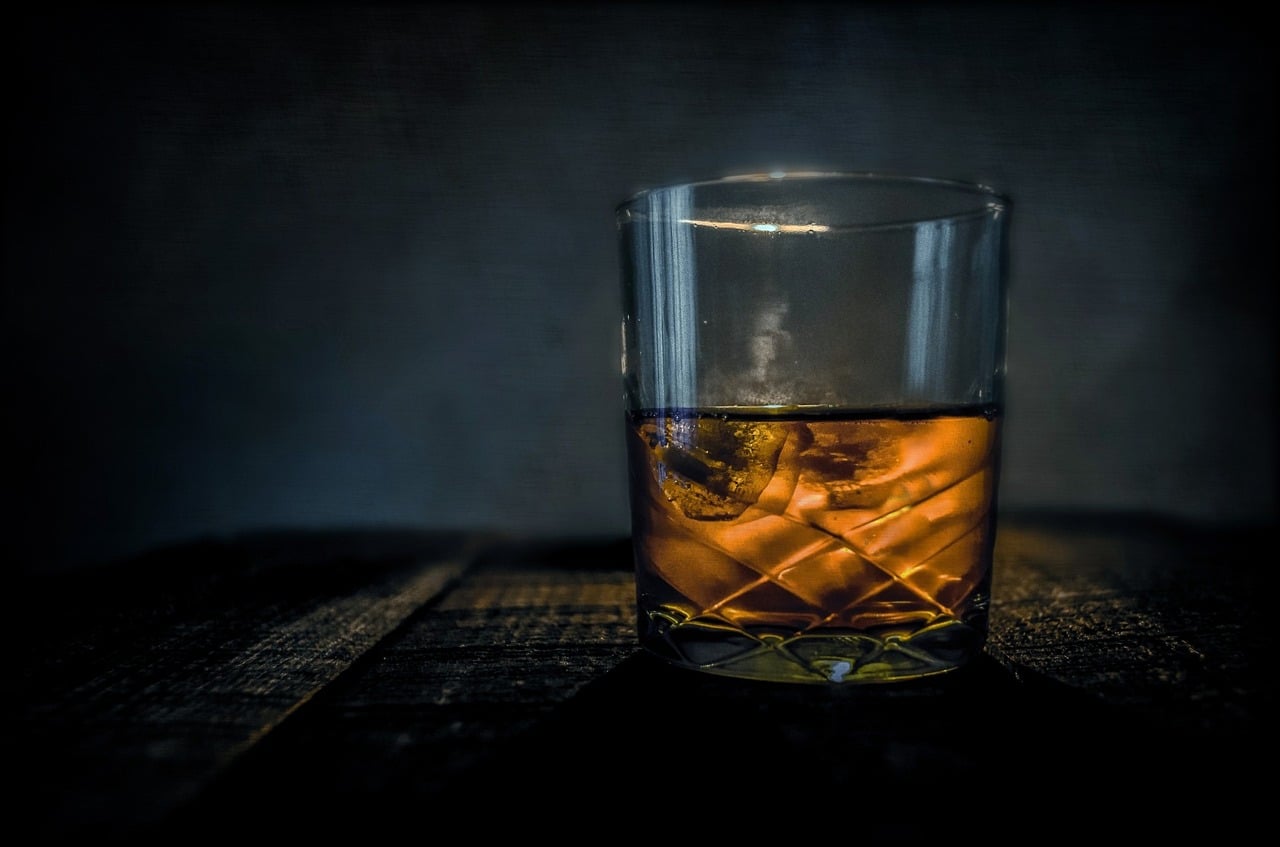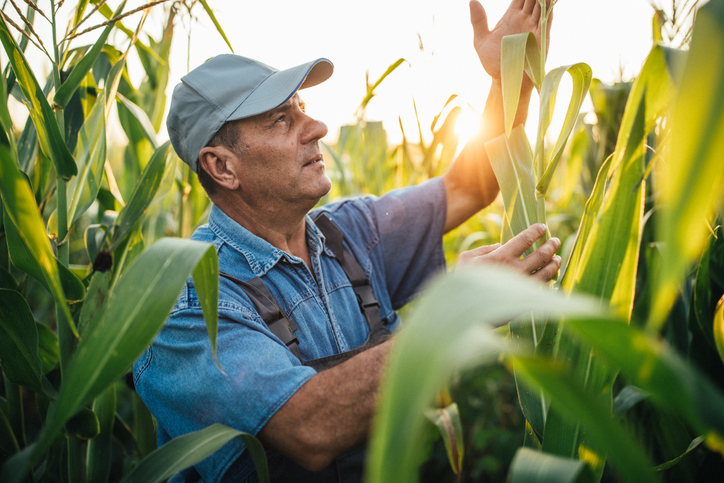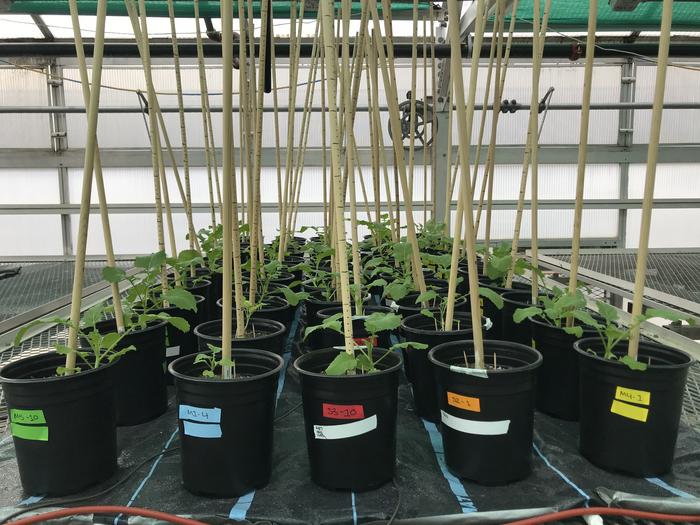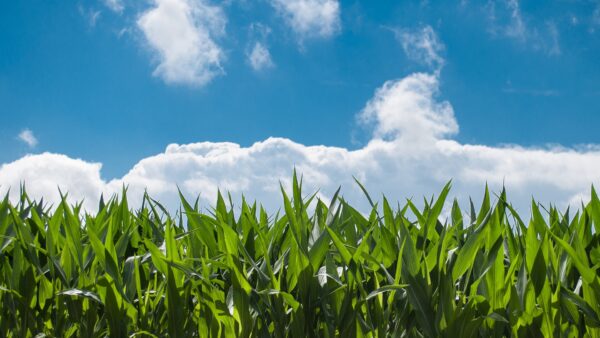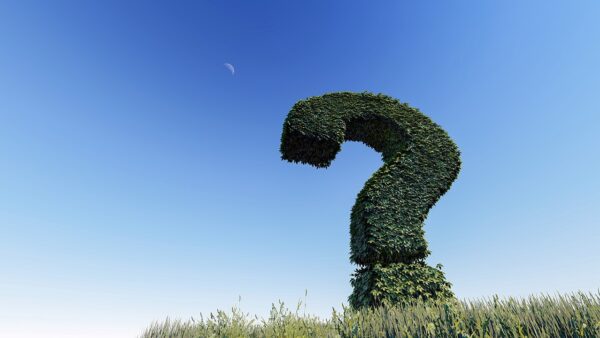Seed plays a big part of that golden liquid in your Glencairn.
Before I became editor at Seed World U.S., I spent more than two decades as an agricultural communicator in academia. I was deeply involved in the media relations efforts for the James B. Beam Institute for Kentucky Spirits. I can’t say that I ever really gave the seed behind those spirits more than a passing thought. This week, I’ve been attending several sessions of the institute’s conference on the other side of the coin—as “media.” I now find myself having a hard time NOT thinking about seed’s involvement in the bourbon and spirits industry.
As we filled the first barrel at the institute’s University of Kentucky campus distillery, the largest academic distillery in the world, I had so many thoughts rushing through my mind about the seeds, the soil, the harvest and ultimately the distillate going into that barrel and the amber liquid that we enjoyed in celebration.
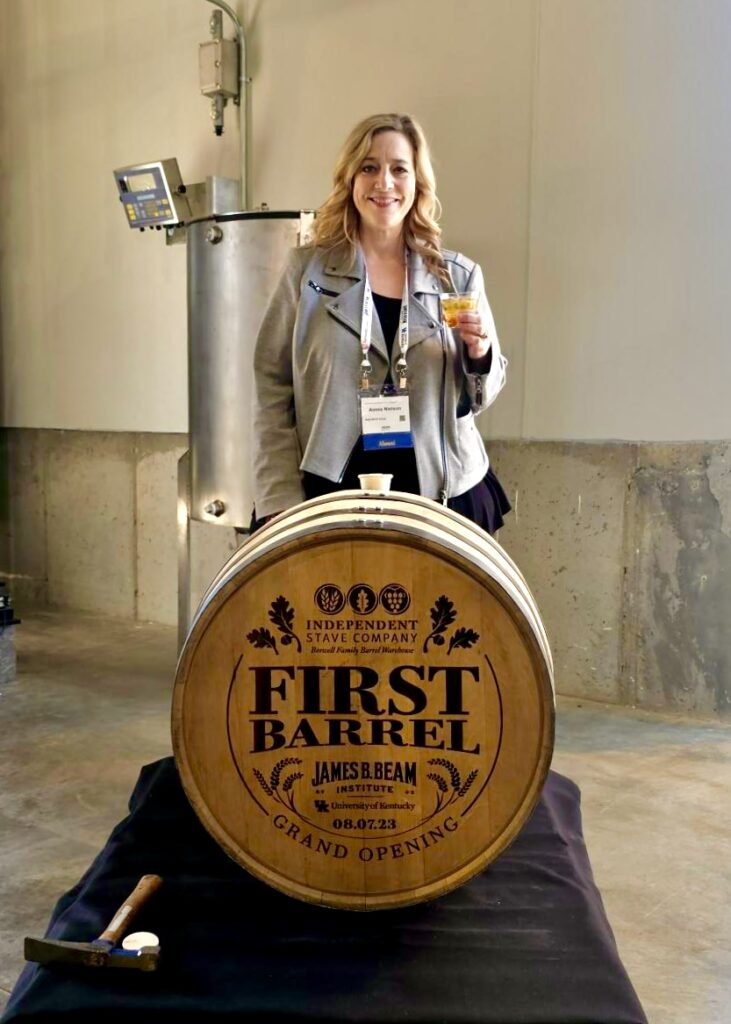
When we raise a glass of bourbon to our lips, we often savor the rich flavors and complexities of this beloved American spirit. The seed industry plays a essential role in shaping the whiskey we enjoy today. Behind every bottle lies a story of seeds carefully selected, cultivated and harvested to create the perfect grain bill.
I believe now more than ever that the seed industry is an unsung hero of the bourbon industry, providing distillers with the foundation for their craft. The choice of seeds, from corn to rye to barley, is a crucial decision that can significantly impact the flavor, aroma and character of the final product. Distillers rely on the seed industry to provide them with high-quality, genetically diverse seeds that will produce the grains necessary for their unique mash bills.
Moreover, the seed industry’s role extends beyond merely providing seed. It is also instrumental in research and development, constantly striving to improve seed varieties to meet the evolving needs of the spirits industry. This dedication to innovation has led to the development of new seed varieties that are more disease-resistant, higher-yielding and better suited to the terroir of specific bourbon-producing regions.
Our seed industry plays a vital role in sustainability and conservation efforts. We’re not alone in studying the importance of regenerative agriculture. By promoting sustainable farming practices and preserving genetic diversity, the seed industry helps ensure the long-term viability of bourbon production.
Consider these facts and numbers:
- In the United States, the bourbon industry annually contributes more than $9 billion to the economy.
- The seed industry provides distillers with a wide range of seed varieties, including heirloom and hybrid varieties, to meet their specific needs.
- The seed industry invests millions of dollars each year in research and development to improve seed varieties and support sustainable agriculture practices.
- The seed industry plays a critical role in preserving genetic diversity, which is essential for the long-term sustainability of bourbon production.
Students at the University of Kentucky are in a unique position to tackle many of the seed industry’s challenges and align them with the priorities of the distillation and brewing industries. They can study any part of the process with programs from seed biology, agricultural engineering, plant and soil sciences and so much more. Adding at certificate in distillation, wine and brewing studies just adds value to their original program of study. Expect more stories that focus on the Seed to Sip movement from my desk!
As we raise our glasses to toast the bourbon industry, let us also raise awareness of the crucial role that the seed industry plays in its success. Cheers!
As always, it’s an honor to partner with you,
Aimee
